In this series of articles, I will investigate how accessible Greater Manchester is for disabled people. This article will explore disability representation and access in literature and theatre.
Greater Manchester has always been recognised for its creative flare from fashion to music to theatre. With many legends originating from the area with musicians such as Oasis, and writers like Anthony Burgess.
But how is Greater Manchester upgrading part of their creative scene to be more inclusive?
Growing up, content creator and disability advocate Zara Beth often found comfort in the performing arts community at school. She said: “I’ve always been in choirs growing up, things like that were really nice because I found them really accessible and there’s no pressure.
“You’re the same as everyone else because you’re just using your voice, so it didn’t make me feel like the one that was left out.”
John McCormack is the founder and head of Community Media Crew, a performing arts community interest company that works with adults with learning disabilities. The group prides itself in creating independent stage productions and films and meets up to three times a week in Wythenshawe.
John said: “The underlying thing about what we do is people getting a lot of confidence. For example, Robert didn’t speak much when he joined, but it’s hard to shut him up now. And Huey, he wouldn’t look at you in the eyes when he first joined – he’s really confident now.
“I can’t believe people turn up. A lot of the people that attend here have been coming from the very beginning and some of them are from another project that I used to do. I can’t believe that they keep coming.”
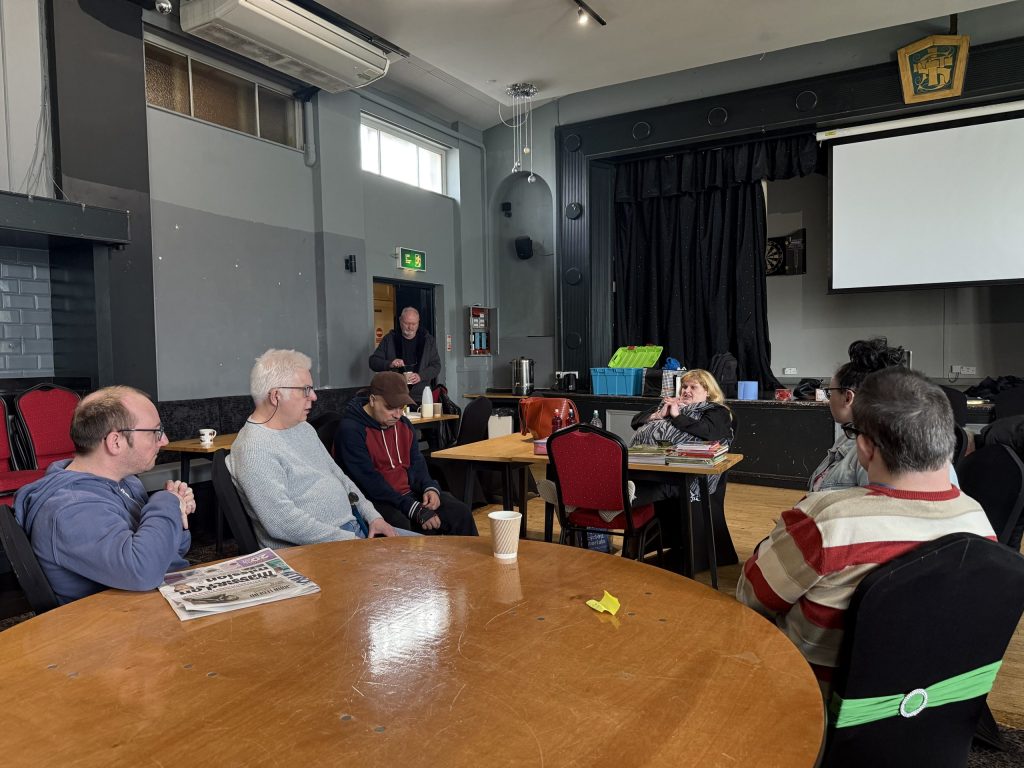
John has previous experience working as a TV and film producer and director and has worked with disabled people for over 17 years. He uses his experience to teach the group, alongside other professionals, about movie creation, acting, as well as how to use filming equipment like cameras.
I went down to the group’s Friday session to see what acting and directing skills they were going to learn.
Before the teaching began, everyone was socialising around the tables with their coffees and teas provided by the volunteers. Once everyone was settled, it was time to begin the session.
Two groups were given an improv scenario, set by John, while one person was chosen to operate the camera for the scene. But the exercise had a catch – each person had to sneak a random word into the scene such as ‘elephant’ or ‘dinosaur’.
Everyone in the group had a go at the exercise and they all managed to sneak their word into the scene seamlessly.
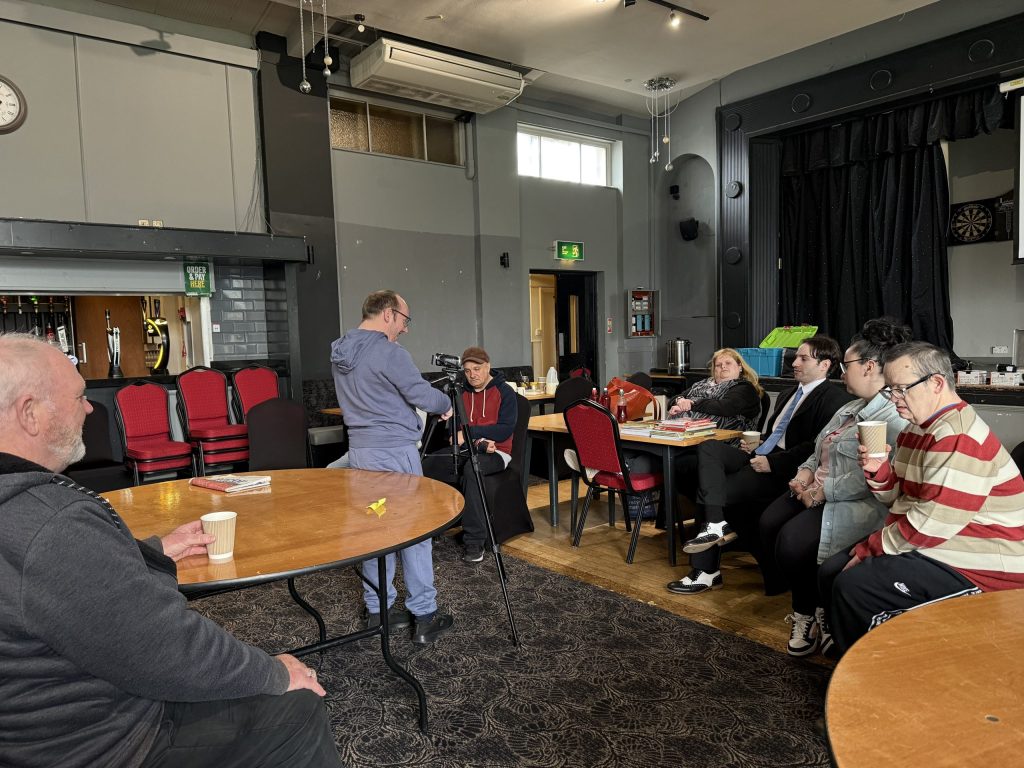
Christopher has been coming to the group for over two years and he enjoys directing. He said: “I really enjoy coming, I’ve made a lot of new friends and learned a lot.
“I’ve done the director’s course, and I work with all the other members who come here. It’s very hands-on because you’ve got to tell them what to do and they’ve got to listen.
“I’m still learning a lot of what there is to do and, hopefully, I’d love to be on TV. I wouldn’t want to be an A-list film star, but I’d like to be on TV, that would be nice.”
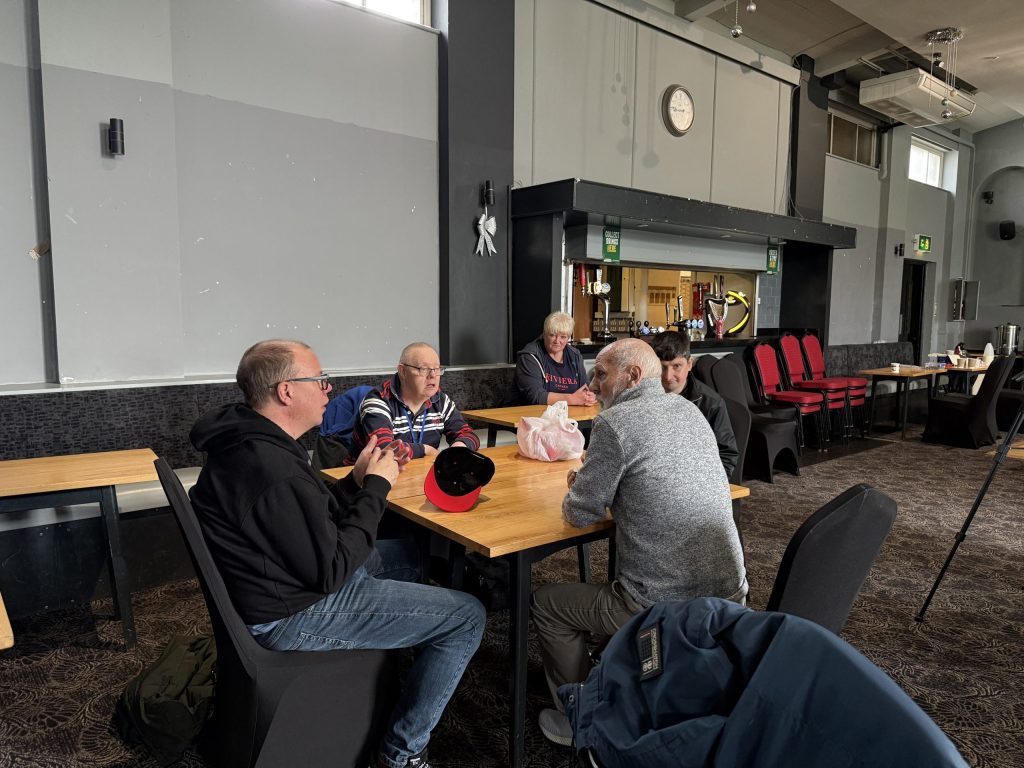
Despite being small, there were already some huge talents within the group.
Pauline Hendrickson played the Queen’s cousin, Nerissa, in the historical drama The Crown and Carly sang on the premiere episode of BBC Three’s Autistic Superstars in 2010. John was the one who helped Pauline get her role, even taking her to the audition down in London.
“It’s pretty brilliant because people have got their own voice and they’re learning,” John added.
“I think I forget they’re here to have fun, sometimes we’re too full on doing drama.”
Of course, Greater Manchester’s creative scene doesn’t only include what you see on screens and on stage, but also in writing.
Tony Seymour is a children’s book author from Bolton who was born with mild cerebral palsy (CP). His book, Mermaid In The Gherkin Jar, published in 2012, features two characters who have disabilities and the book explores the internal conflicts and perspectives of dealing with disability.

Tony wrote the book based on his own experiences to ensure the characters and their development felt authentic in order for readers to relate to the characters. He said: “Christopher is told from the perspective of me when I was very young and what I was then, a very happy and positive person.
“But Azalea is me in my teen years going through that 14- to 16-year-old period of life where people start to look at themselves a lot more. I guess it’s when I became aware of people treating me differently.
“It’s about that tussle between staying positive. I think it’s quite an interesting thing to explore being different, what that means, how you react to it, and how others respond to it.
“In general the reception of the book was good, it was positive. People were engaged with it and they enjoyed it. There just needs to be more of it.”
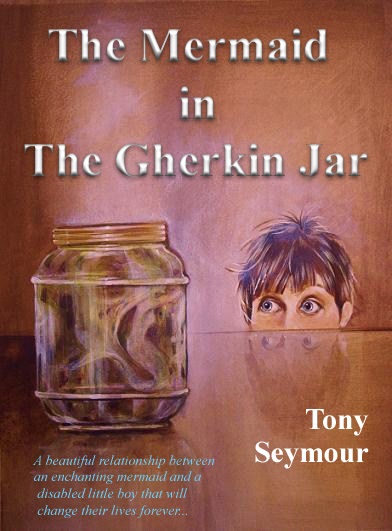
His book was adapted into a short theatre performance in September 2015 by Northern Rose and debuted at the Lowry Theatre, Salford. The audience’s reaction to both the book and the play were mostly positive, even back when disability wasn’t a hugely represented topic.
As someone with a disability, Tony believes it’s vital for disabled people to be represented in any media, particularly literature. He said: “I can’t emphasise enough the importance of literature.”
“I’m biased because I read a lot and I think literature is one of the most valuable things that we have. I think all people, but certainly children who are going through their formative years, if they see characters that reflect themselves, I think that is really important.”
Tony explained how writers can include more authentic disabled characters. He said: “Sometimes if you explain things too much, it starts becoming a lecture about disability. I’m very careful about only commenting on my own lived experiences.
“I encourage more disabled people who want to write, to write. I think that’s the key. You don’t have to approach literature producing something to satisfy the market. I think you just need to get more disabled people to write or to paint. They are out there.
“There are challenges, but you just have to create a platform where people can come forward. They just need a chance, they just need a bit of a leg up, they just need the possibility.
“They’re very resilient, they’ve got a lot of energy and dynamism in them.”
Feature image credit: Poppy Dippnall.
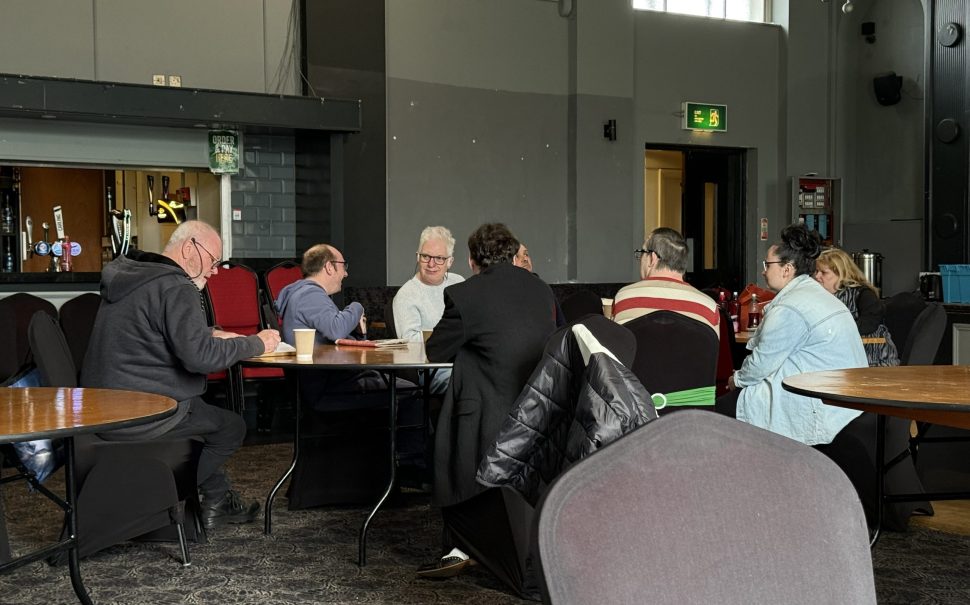
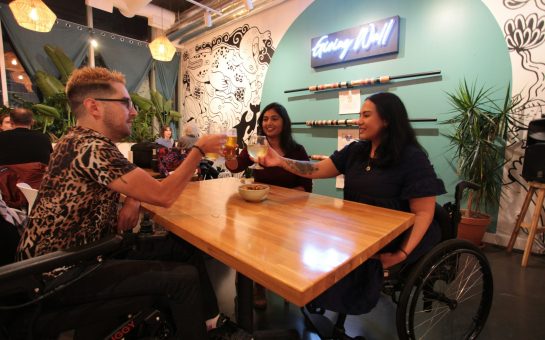


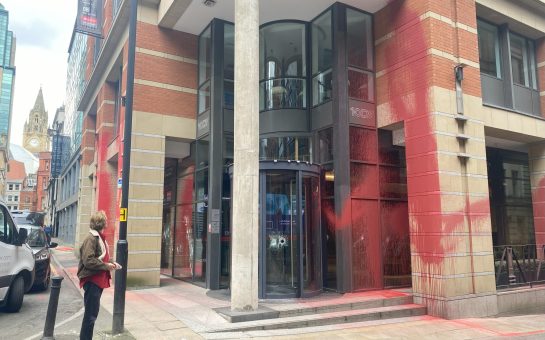
Join the discussion